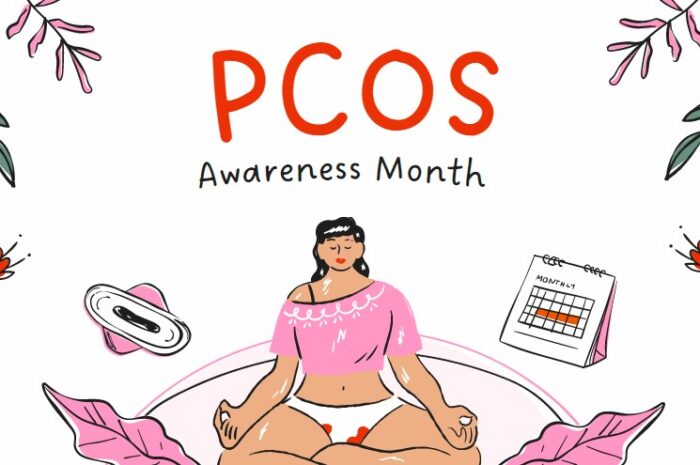The All-Party Parliamentary Group on Birth Trauma has released a groundbreaking report that sheds light on the critical state of maternity services in the UK –
Listen to Mums:
Ending the Postcode Lottery on Perinatal Care
This comprehensive inquiry highlights the devastating impact of birth trauma on mothers and their families and proposes a series of urgent recommendations to address systemic failures and improve maternity care.
The Plight of Birth Trauma
The report documents harrowing personal stories, exposing the severe physical and psychological repercussions of traumatic births. Women have recounted experiences of neglect, inadequate pain management, and disrespectful treatment, leading to long-term mental health issues such as PTSD and depression. These narratives underscore the pressing need for systemic change in how maternity care is provided.
Key Recommendations for Reform
To tackle these issues, the report outlines several crucial recommendations:
- National Maternity Improvement Strategy: Establish a unified strategy document on the UK government website to guide consistent and high-quality maternity care across the country.
- Enhancing Staffing: Address the shortage of midwives, obstetricians, and anaesthetists by boosting recruitment, training, and retention efforts. Mandatory training in trauma-informed care for all maternity staff is also recommended.
- Maternal Mental Health Services: Ensure that every woman in the UK has access to comprehensive maternal mental health services, addressing both prevention and treatment.
- Post-Delivery Checks: Implement a standardized 6-week post-delivery check focusing on both physical and mental health, ensuring mothers receive appropriate follow-up care.
- OASI Care Bundle: Mandate the Obstetric Anal Sphincter Injury (OASI) Care Bundle in all hospital trusts to minimize birth-related injuries.
- Standardized Post-Birth Services: Create uniform services like Birth Reflections, providing mothers with a platform to discuss their birth experiences and access support.
- Education on Birth Choices: Improve antenatal education to inform women about their birthing options, ensuring every NHS Trust offers comprehensive antenatal classes.
- Respect and Pain Relief: Uphold the choices of mothers regarding birth methods and pain relief, emphasizing the importance of keeping mothers and babies together whenever possible.
- Support for Partners: Recognize and support the role of fathers and birth partners, ensuring they are well-informed and included throughout the birthing process.
- Continuity of Care: Enhance communication between primary and secondary care by digitizing health records, ensuring seamless care transitions.
- Extended Litigation Time Limit: Extend the timeframe for medical negligence claims related to childbirth from three to five years to provide mothers with adequate time to seek justice.
- Tackling Inequalities: Address disparities in maternity care among ethnic minorities by funding interpreter training and services, ensuring equitable care for all.
- Economic Impact Research: Commission studies to assess the economic impact of birth trauma and related injuries, including the effect on mothers’ return to work.
Conclusion
The Birth Trauma Inquiry Report is a clarion call for substantial reforms in the UK’s maternity services. By implementing these recommendations, the government can ensure a safer, more respectful, and supportive environment for mothers and their families, ultimately improving outcomes and reducing the long-term impacts of birth trauma. The time for action is now, and this report provides a clear roadmap for achieving meaningful change.



